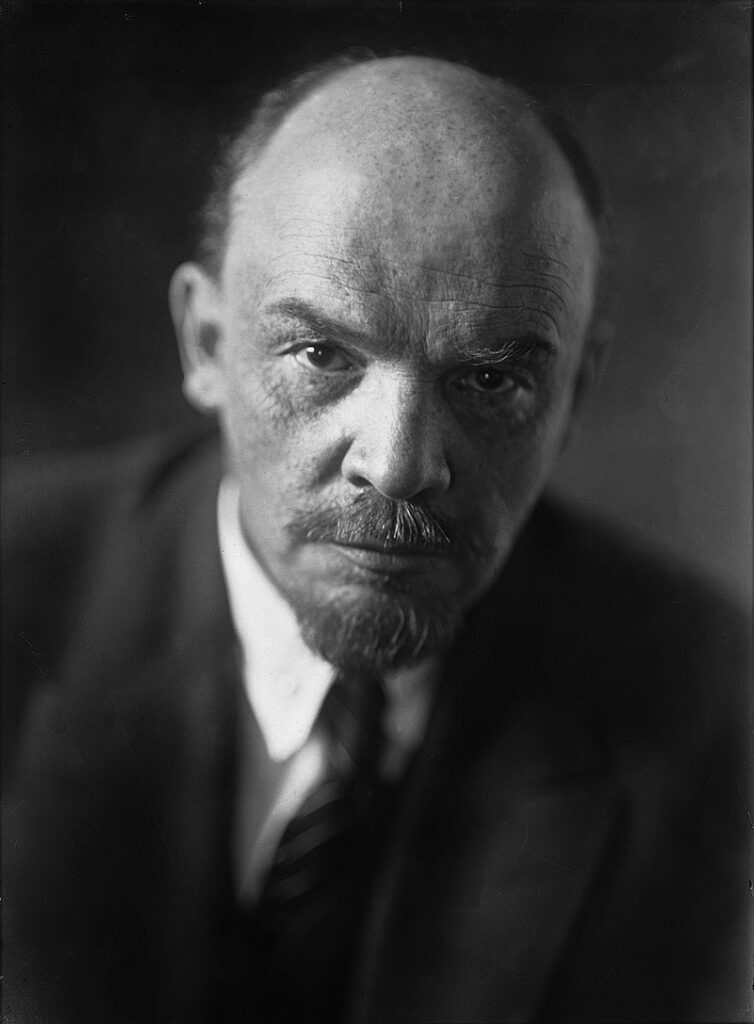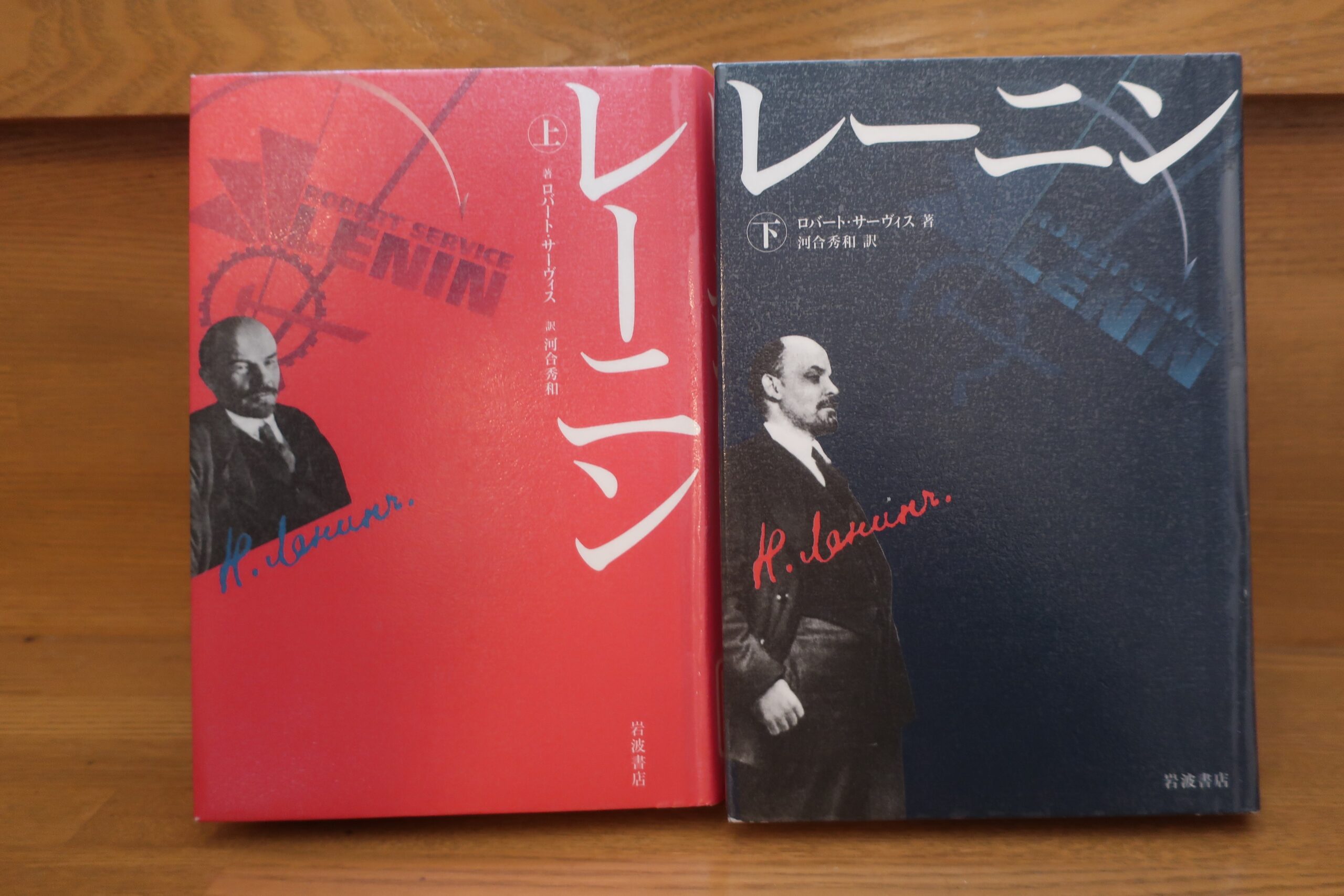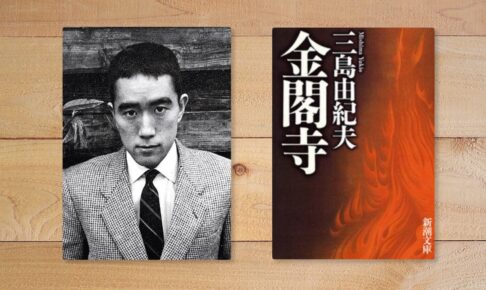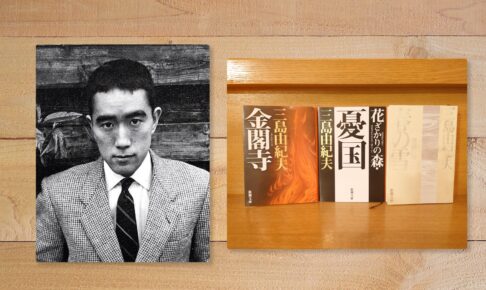How did Lenin the revolutionary view Turgenev's works - Turgenev from Lenin's biography
By Robert Servis, whom we recently introduced.Lenin."has written about the great Russian writer Turgenev. Lenin (real name Vladimir Ulyanov) spent some time reading Turgenev in his youth, before he was exposed to revolutionary thought.

Vladimir Lenin (1870-1924)Wikipedia.
It dates back to 1886, around the time of his father's sudden death.
Vladimir was deeply upset and kept to himself. Gone was the jovial boy he had been. Books became his solace, and he devoured much of the Russian classics. His tastes shifted from Gogol to Turgenev.
He no longer felt the need to caricature life at that time in a Gogolian way. Now Vladimir Ulyanov preferred Turgenev's calm and sensitive portrayal of provincial life. In Turgenev's novels, the author's public message was never obvious. The reader could imagine that he wanted regime change anyway. But was he a liberal, a temperamental conservative, or a revolutionary?
It is not known how Vladimir Ulyanov interpreted the work of this novelist, his new favorite. His later statements did not always faithfully reflect what he thought of them in his youth. There were, however, some similarities between them.
Iwanami Shoten, Robert Servis, translated by Hidekazu Kawai, Lenin, vol. 1P71-72
Some line breaks have been made.
It seems that Lenin's love for Turgenev was triggered by the death of his father. He was also attracted to Turgenev's sensitive psychological descriptions and his novels, which evoke a serene manor house life.
As I mentioned in a previous article, Lenin was not the son of a landowner like Turgenev, but he grew up in a well-to-do and warm family.
Perhaps he felt a sense of kinship with Turgenev, since his youth was lived in a life similar to the world of Turgenev's novels.
To be a member of the Ulyanov family was to strive for educational improvement, improvement that was practically possible, even as far as the Czar would agree. As an adult, Ulyanov picked up situations in Turgenev's novels that would prove his Marxist interpretation of Russian reality.
In Turgenev's writings were many impotent landowning aristocrats and many well-meaning but powerless intellectuals, whom Lenin used in his own writings condemning imperial society. Perhaps Turgenev was also influential in emphasizing that no amount of talk would change the world. What is needed is action.
Most of Turgenev's characters were people incapable of action. The novelist pitied them for having so little opportunity to even change their situation, while the adult Lenin mocked them.
In the history of the Ulyanov family up to 1886, there are several examples of family members participating in activities that would contribute to the betterment of life within the Russian Empire. Vladimir's most respected professions were doctor and teacher.
They were doctors and teachers who did not treat and teachers who did not teach, as in Turgenev's novels and Anton Chekhov's plays of the late 19th century. What Vladimir respected were practical experts.
Iwanami Shoten, Robert Servis, translated by Hidekazu Kawai, Lenin, vol. 1P71-72
Some line breaks have been made.
After becoming a revolutionary, Lenin seems to have found in the characters of Turgenev's works a counter-intuitive figure. However, this was not the only reason why Lenin liked Turgenev. As mentioned in the previous quote, it may be because Turgenev's beautiful descriptions of scenes struck Lenin. Indeed, it is possible that his beautiful descriptions of landscapes in "The Hunter's Diary" and "The Nobleman's Nest" matched his sensitivity and love of nature.
One could read Turgenev in a different way. For example, we could see him as a defender of kindness, or as the embodiment of Hamlet's indecision. Or we might see him as an artist of words who is more interested in the form in which he expresses his ideas than in the content of his thoughts.
For Vladimir Ulyanov, however, Turgenev was a masterful painter of the flaws in imperial society that needed to be corrected.
Iwanami Shoten, Robert Servis, translated by Hidekazu Kawai, Lenin, vol. 1P71-72
Some line breaks have been made.
One could see him as a defender of kindness, or as the embodiment of Hamlet's kind of indeterminacy." I was convinced that Turgenev was indeed right when he said, "Turgenev was a painter who beautifully portrayed the shortcomings of imperial society that needed to be corrected.
This point is clearly expressed in his masterpiece, "Luzhin.
In this work, Turgenev portrays the epitome of the "Russian extraordinaire," the "intellectual without action."
For Lenin, the revolutionary, action was more important than anything else, and the "Russian superfluous" who were unable to do so may have been typical of the image of youth that had to be overcome.
Chekhov's "doctor who does not treat, teacher who does not teach," as mentioned in one of the previous quotes, can be seen exemplified in "Ward No. 6," "Tale of Tadasu," and "Duel," among others.
How Lenin viewed literature is a very interesting question. A leader's preferences affect the culture of his country. This is because his policies dictated "what is good," and new literature would be created or past cultures would be interpreted accordingly.
Knowing how Dostoevsky and his great literary contemporaries were received in the Soviet era gives us a glimpse into the context in which the image of Dostoevsky written in the Soviet era was created. This is a very interesting part of learning about Dostoevsky.
Dostoevsky's image can be interpreted tremendously differently in different times, regions, and values. There may be no single absolute image of Dostoevsky.
I thought it would be an important perspective in learning about Dostoevsky, or rather his thought and culture, to read with this in mind.
The above is "Turgenev from Lenin's Biography - Lenin's Particularly Favored Writer".
Related Articles







































